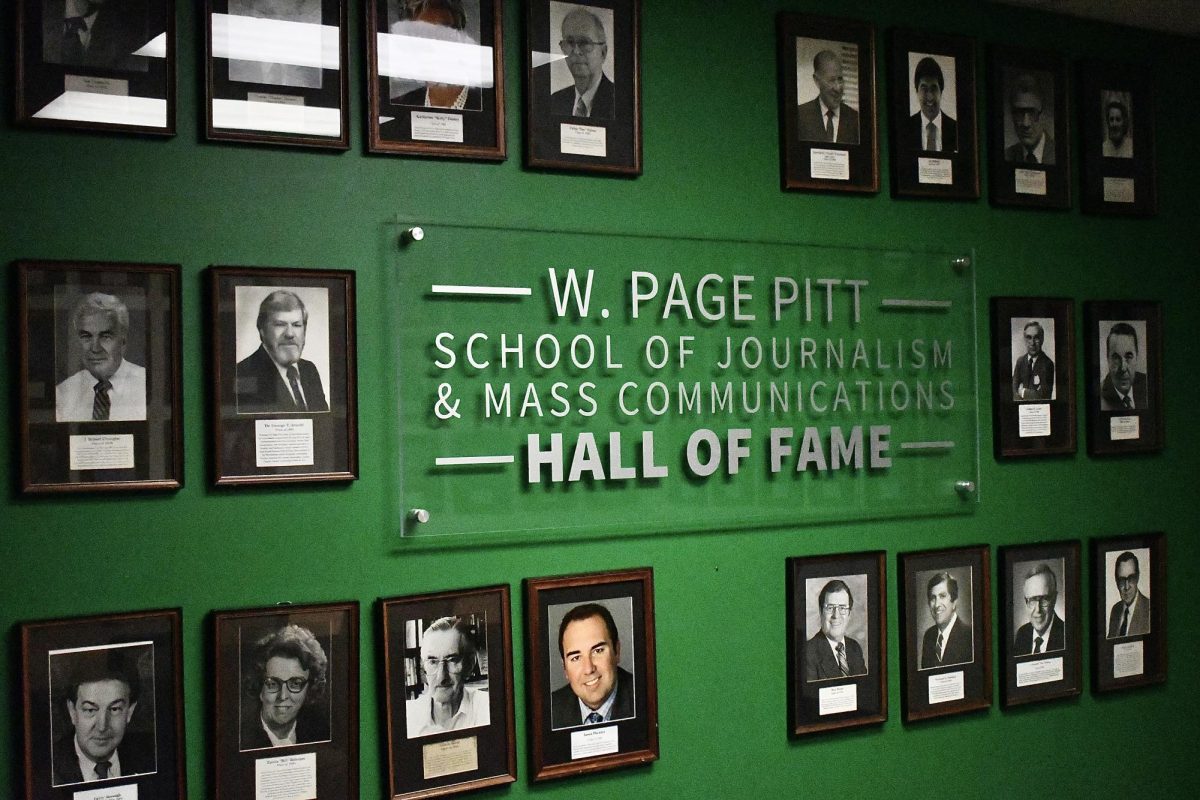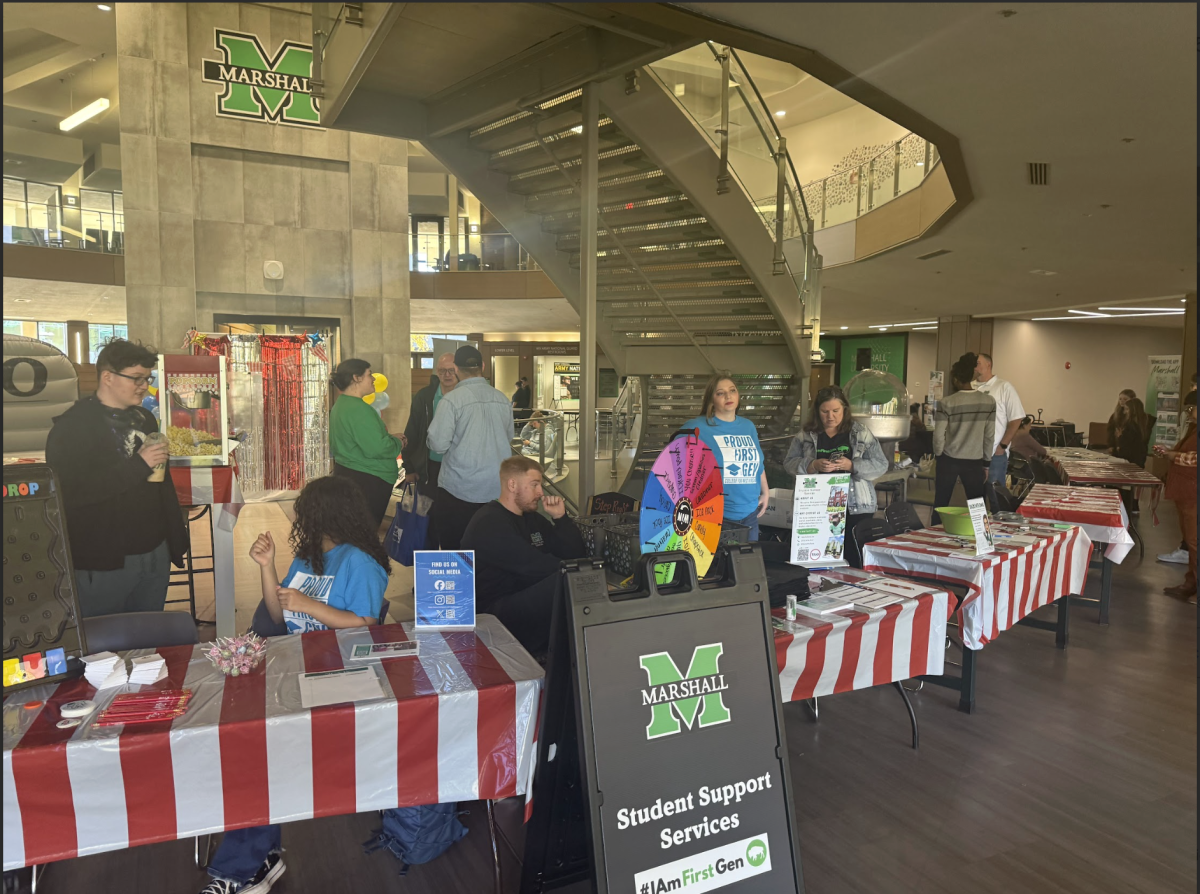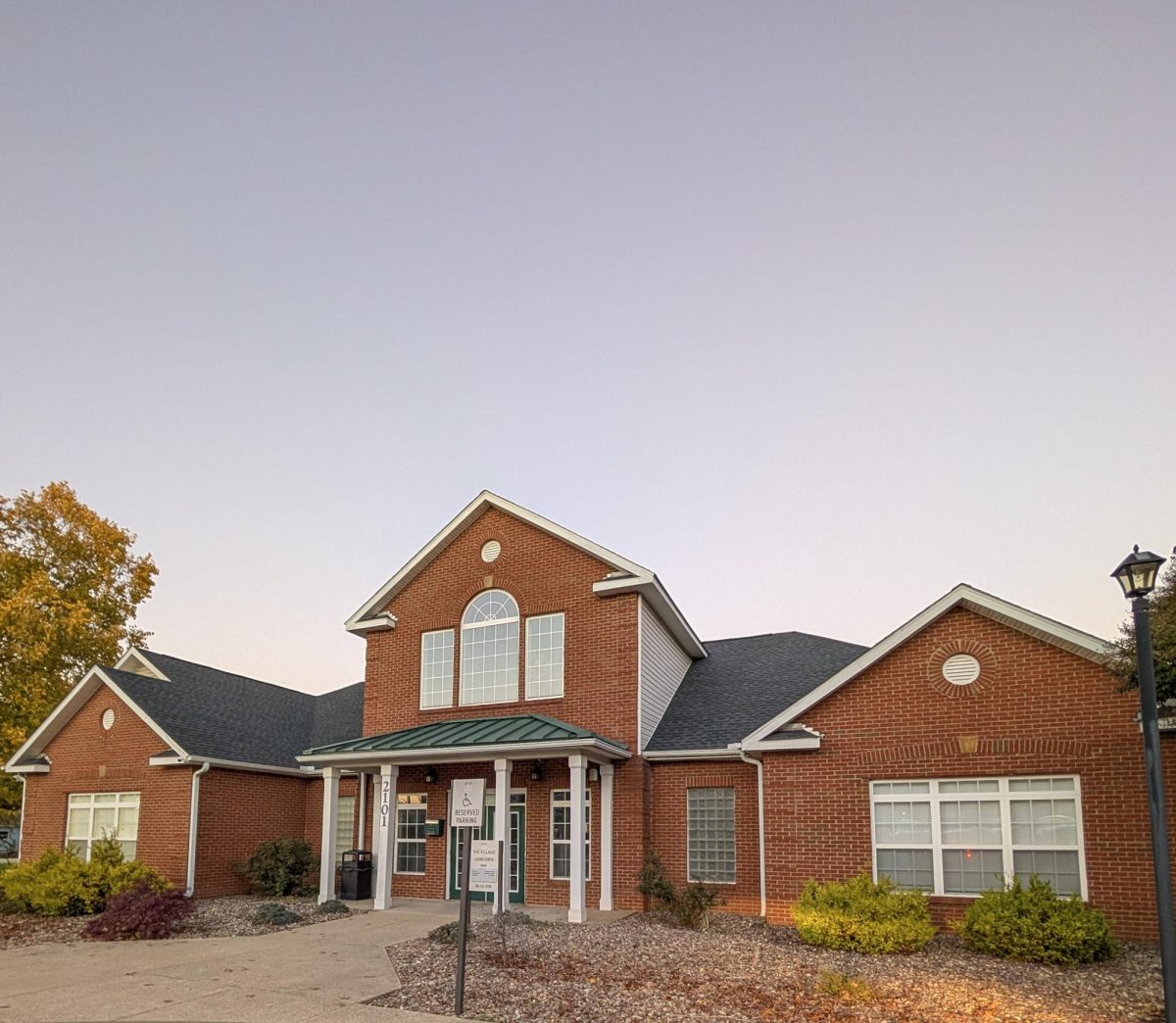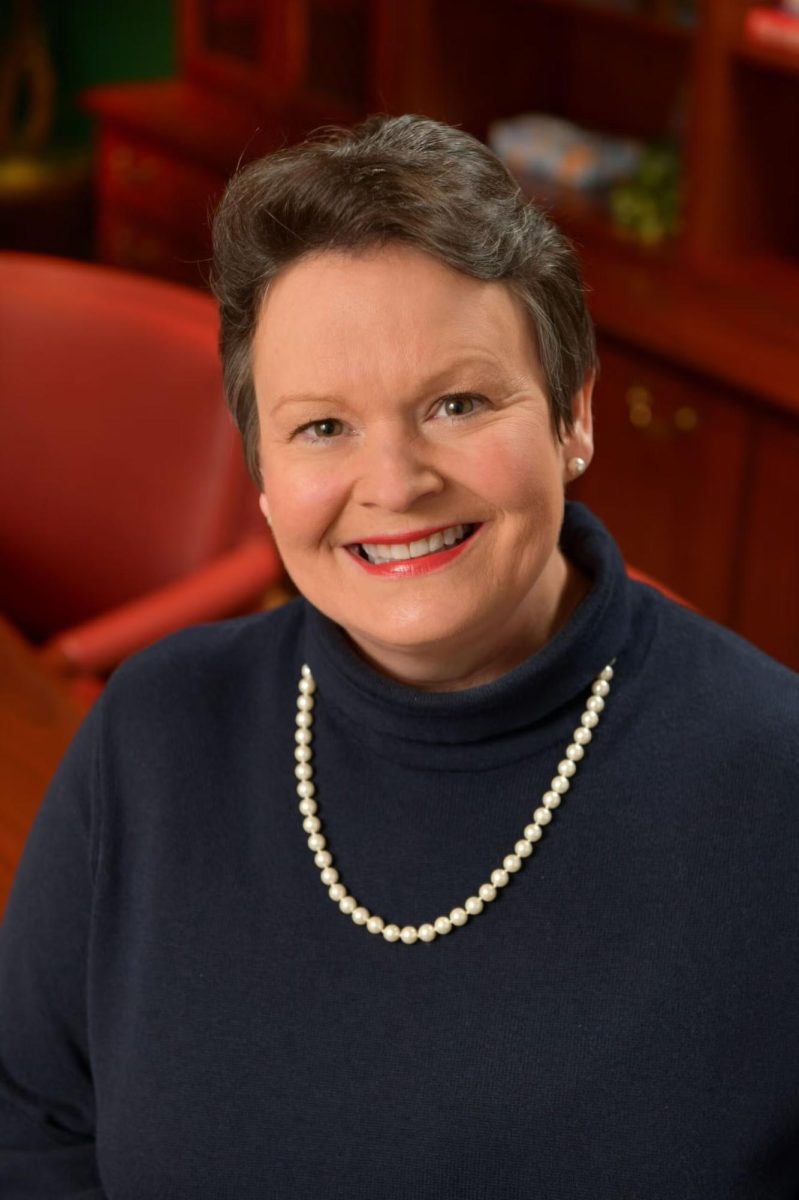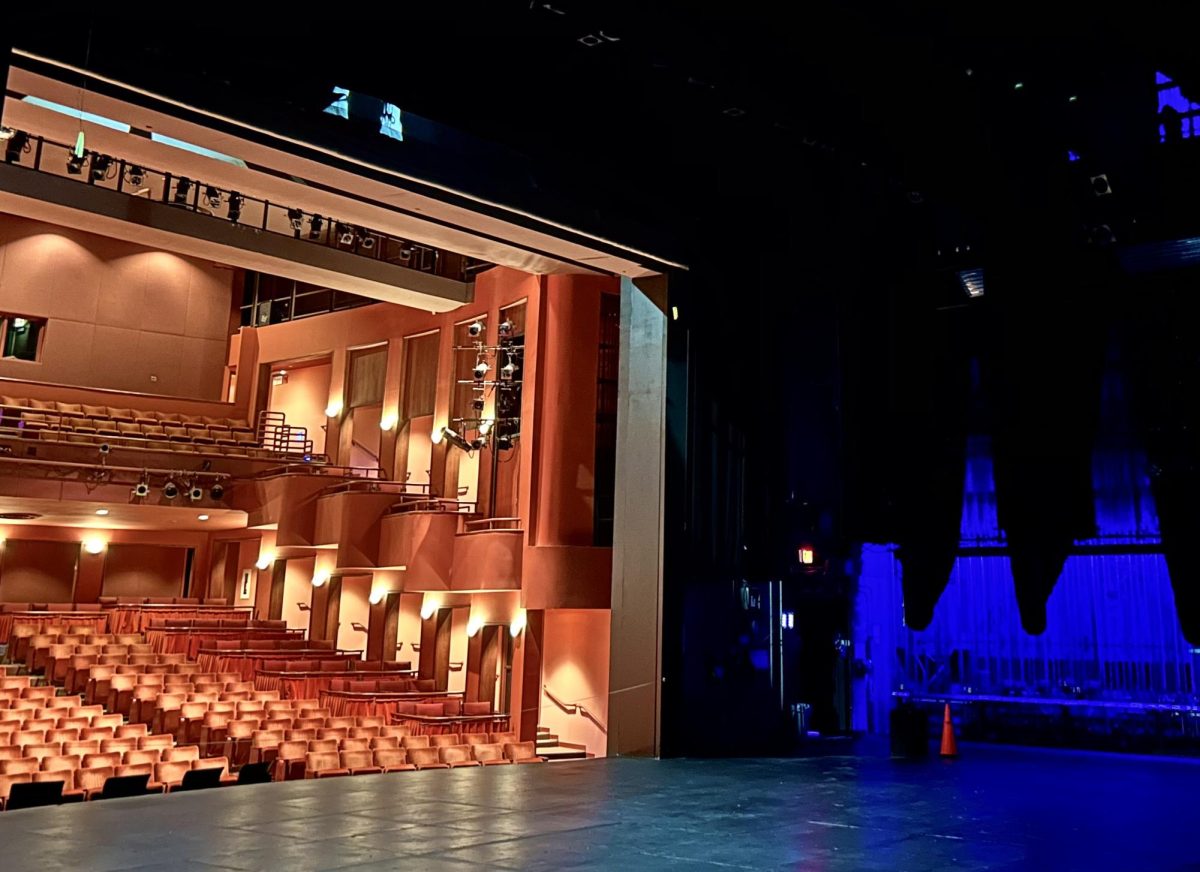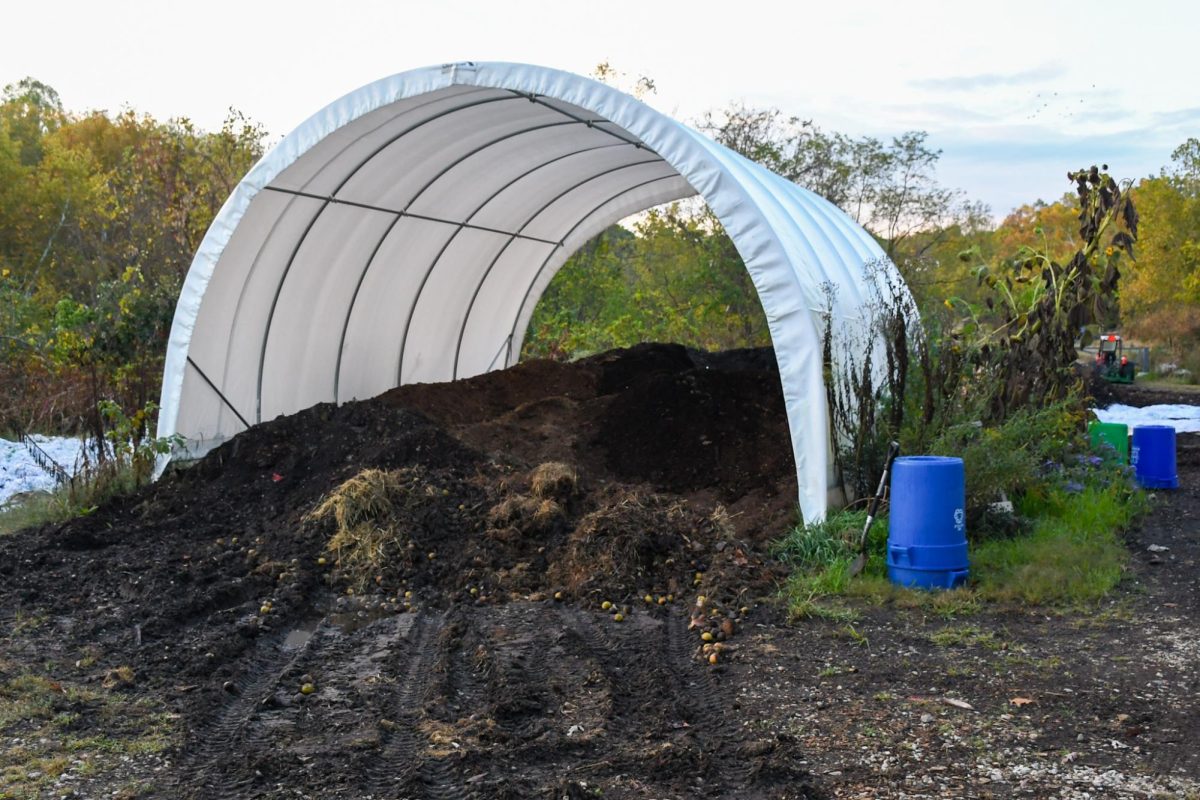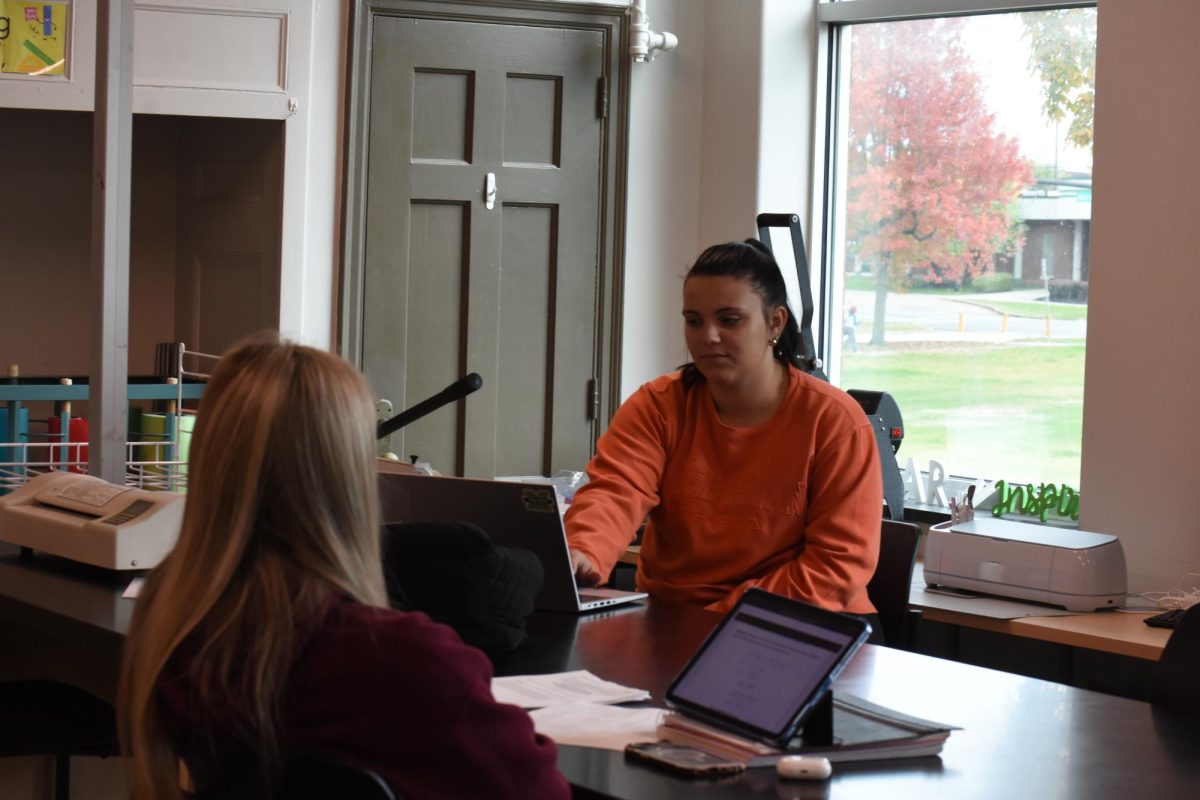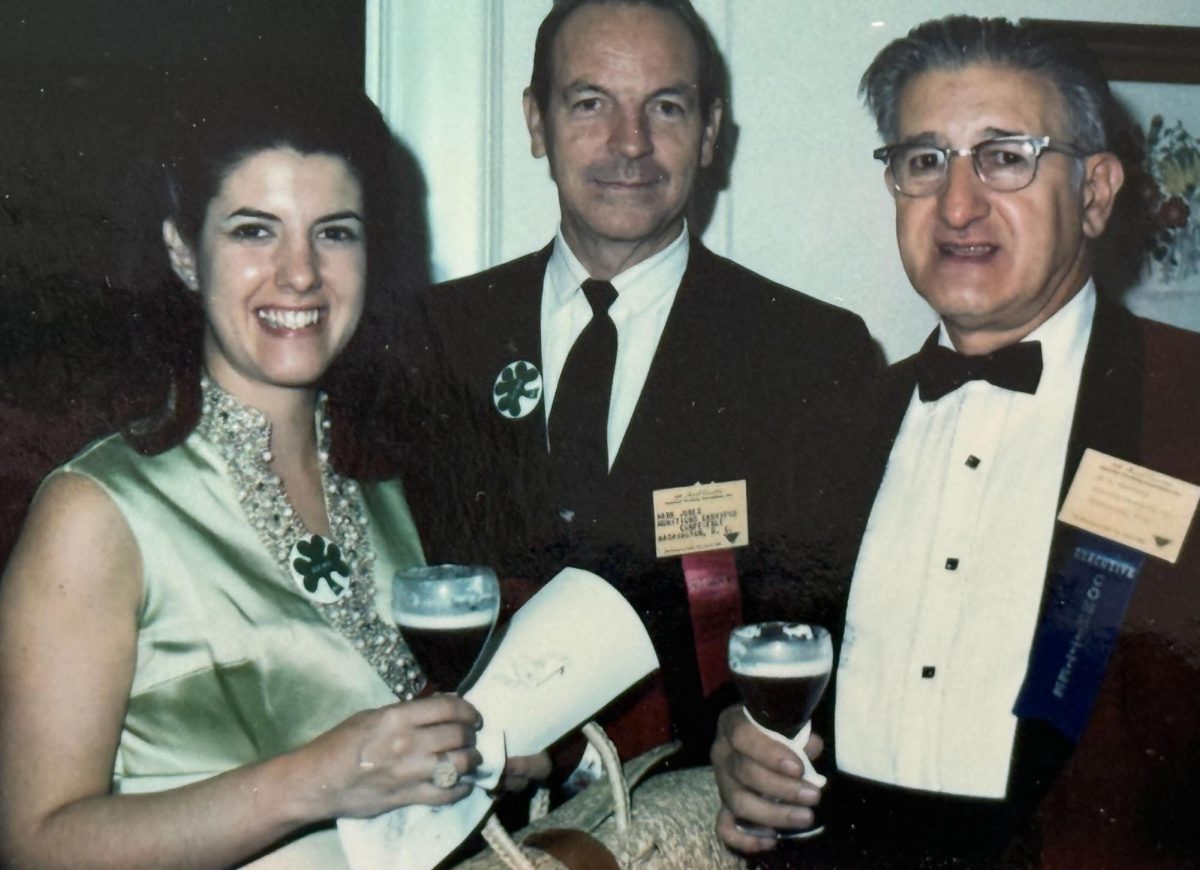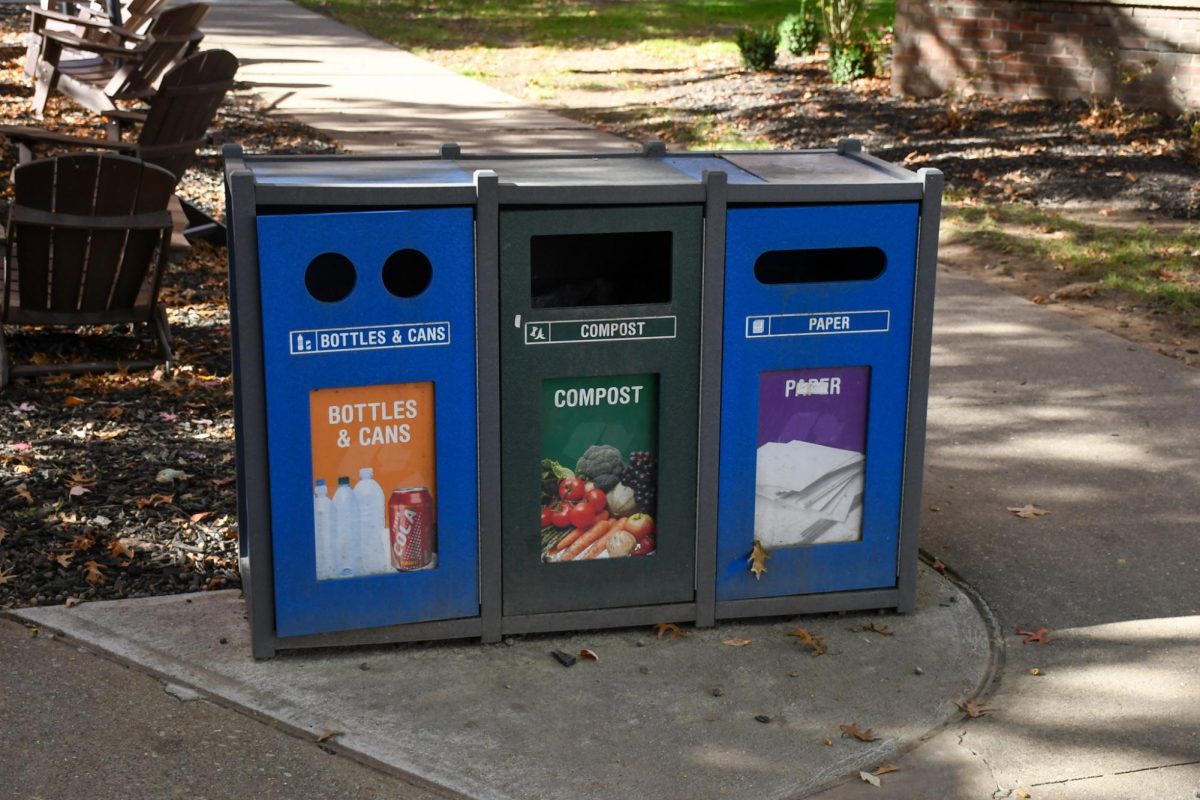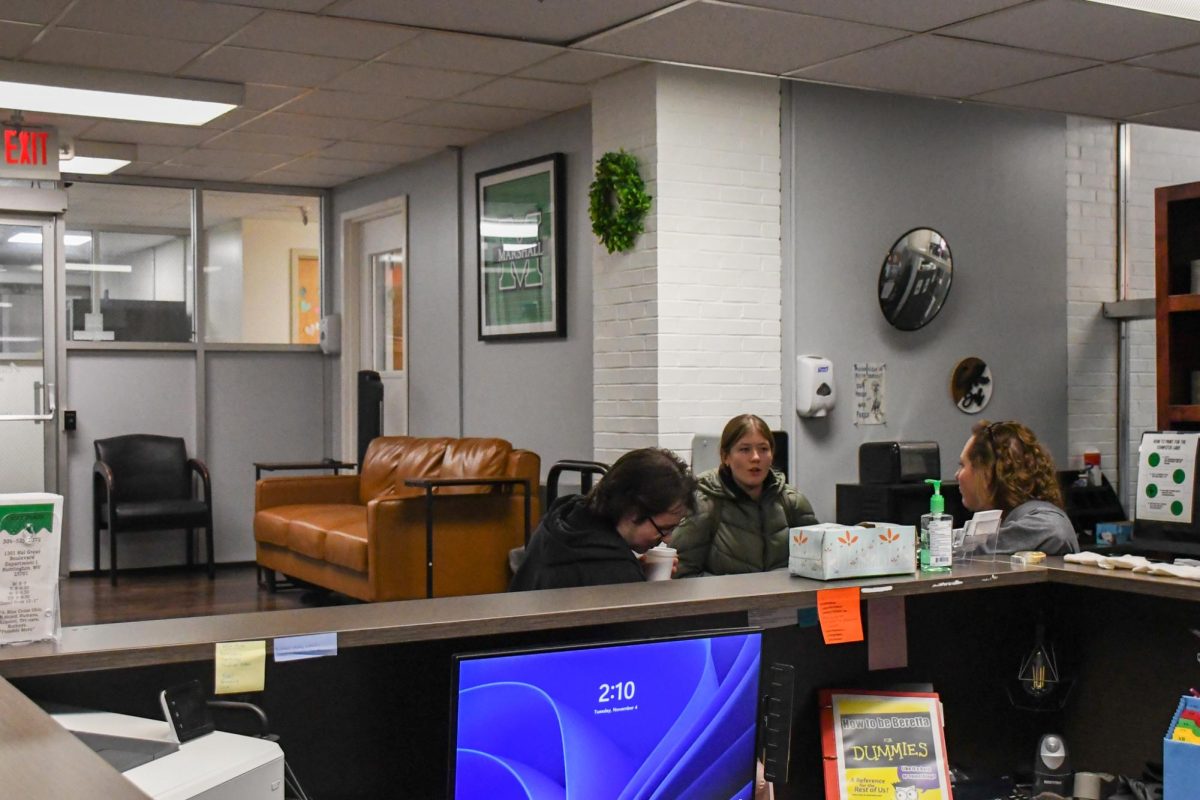Throughout the course of the past decade, West Virginia has been featured in various headlines and documentaries investigating the increased number of opioid deaths and overdoses seen across the state. With drug deaths continuing to rise in the community, the nationwide Save a Life Day movement aims to educate and decrease the stigma around addiction.
For the fourth consecutive year, Marshall participated in the “Save a Life” movement, offering Naloxone training to students and faculty and distributing free boxes of the lifesaving drug to individuals across campus. The event was hosted in partnership with SOAR WV, West Virginia’s largest overdose prevention group, made possible by volunteers across the community.
What began as a small pilot program across Putnam and Kanawha counties eventually caught the attention of millions nationwide. Now, more than 650 awareness events have been hosted across 35 states, distributing more than 84,000 doses of Naloxone, according to the SOAR WV website.
According to data from the West Virginia Department of Health and Human Resources, drug-related deaths in the state have been steadily increasing since 2017.
The website says, “Increases in drug overdose deaths are no longer driven by prescription opioids … Fentanyl and fentanyl analogues were involved in 76% of all drug overdose deaths occurring in West Virginia,” from a 2021 report.
Jeremy Bailey, member of the Collegiate Recovery Community on campus and a recovered addict, says his goal is to provide help to those who are struggling with substance use and to educate the community on addiction.
“Last year, we (Naloxone) trained 164 people … Our Collegiate Recovery is connected to the West Virginia Collegiate Recovery Network, and they have recovery support specialists at different colleges across West Virginia,” Bailey said. “It’s important because a lot of students are in recovery from a substance use disorder or a mental health disorder, so we’re here to support them.”
Bailey says he hosts one-on-one sessions with students who may be struggling in order to connect them to resources and provide support. Along with the sessions, Bailey participates in mental health trainings on campus and the QPR suicide prevention mental health first aid courses. For him, the goal has always been to help and educate students.
“That’s a big part of this event … We’re out here trying to break the stigma of substance use and recovery. I, myself, have overdosed in the past, so without (Naloxone), I wouldn’t be here right now,” Bailey said.
Many volunteers have felt drawn to help with addiction awareness through seeing struggles in the community. Marshall student Remi Cook felt drawn to the movement through the love of Huntington.
“Huntington is a special place … The people are what make Marshall to me. It’s the community that’s the most important part,” Cook said. “I’m a psychology major, so harm reduction and making sure people are living well are some of the most important things to me.”
Cook says the goal is to give people the tools to prevent and reverse overdose deaths and to provide prevention and education efforts in the community.
“The main (goal) is that people are safe and healthy and that they have the resources that they need to recover from an addiction or from a substance use disorder, but in order to do that, they have to be alive. So, what we’re doing is making sure people stay alive and stay safe long enough (to get help),” Cook said.
For information about future events or addiction recovery efforts, visit www.soarw.org. If you or someone you know is struggling with addiction, you can call or text HELP4WV’s 24-hour crisis hotline at (844) 435-7498 or visit www.help4wv.com.
Abby Ayes can be contacted at ayes@marshall.edu.








